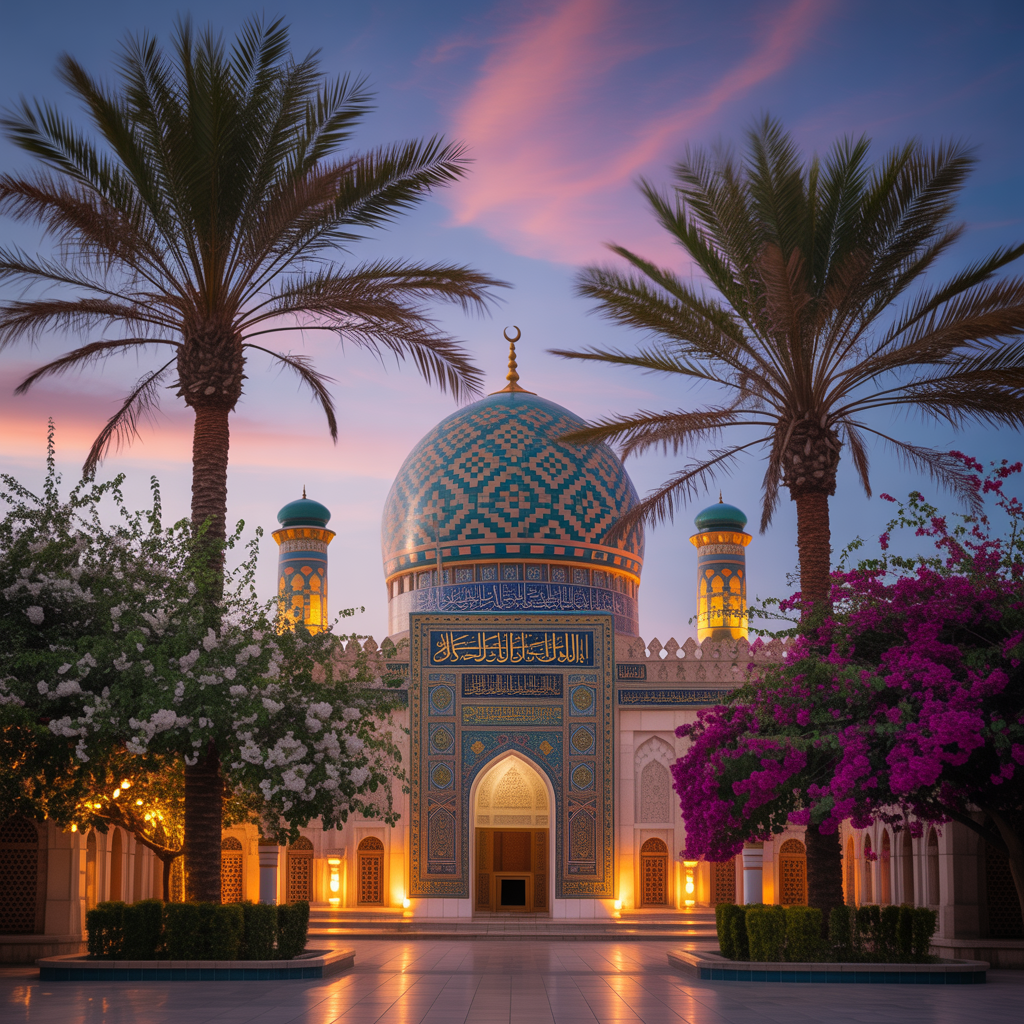Dreams have always held a special place in Islamic tradition. The Prophet Muhammad ﷺ said:
“Nothing is left of prophethood except glad tidings.”
The companions asked, “What are glad tidings?” He replied: “The righteous dream.” (Sahih Bukhari)
However, not every dream is literal, and many dream symbols are frequently misunderstood—either due to cultural assumptions or lack of proper knowledge.
Here are 10 of the most commonly misunderstood dream symbols in Islam, and what they actually may represent.
1. Snakes
Misconception: Always mean black magic or jinn.
Islamic Interpretation: A snake may symbolize a hidden enemy, jealousy, or temptation. According to scholars like Ibn Sirin, the type, size, and behavior of the snake in the dream matter greatly. A calm snake may even represent power or control over an enemy.
2. Death
Misconception: Dreaming of someone dying means they’ll die soon.
Islamic Interpretation: Death in a dream often signifies a spiritual transformation, a warning, or a major life change. It can be a symbol of ending one phase and beginning another, especially if the dreamer is struggling in their deen.
3. Water
Misconception: Water is always positive and represents blessings.
Islamic Interpretation: Clear, flowing water can symbolize knowledge, purity, or provision, but muddy or dark water may indicate confusion, trials, or emotional distress.
4. Gold or Money
Misconception: Dreaming of wealth means real-life fortune is coming.
Islamic Interpretation: Gold may represent material temptation, responsibility, or even punishment, especially if it causes discomfort in the dream. Gold for men can indicate impermissible wealth or arrogance.
5. Food
Misconception: All food in dreams means provision or blessings.
Islamic Interpretation: While some foods symbolize halal rizq, others may reflect greed, unfulfilled desires, or spiritual hunger. Stale, rotten, or stolen food can be a warning against sin or unlawful gains.
6. Marriage
Misconception: Dreaming of marriage always means a real-life wedding is near.
Islamic Interpretation: Marriage in dreams can mean union with a new responsibility, joining a new project, or entering a new life phase. It’s often symbolic rather than literal.

7. Flying
Misconception: Flying always means success or spiritual growth.
Islamic Interpretation: Flying may mean freedom, ambition, or escapism. If the dreamer flies too high and falls, it may warn against pride or arrogance. Flight can also reflect someone’s desire to escape life problems.
8. Jewelry
Misconception: Always a good sign, especially for women.
Islamic Interpretation: Jewelry may symbolize honor, status, or responsibility, but it can also indicate vanity or deception. For men, seeing themselves wearing gold jewelry may suggest engaging in something haram.
9. Animals
Misconception: All animals represent what they do in real life.
Islamic Interpretation: Animals hold symbolic meanings. A lion might symbolize power or leadership, a dog could mean loyalty or an impure influence, and a horse often represents nobility or strength in faith. Context is essential.
10. Fire
Misconception: Fire only symbolizes Hell or divine punishment.
Islamic Interpretation: Fire may represent divine warning, anger, transformation, or energy. A controlled fire (like a candle) can be positive, symbolizing light or guidance. Uncontrolled fire may indicate danger or fitnah.
Dreams are a part of Islamic spirituality, but symbols should never be interpreted in isolation. Context matters — the dreamer’s emotional state, current life events, and even their piety play a role



